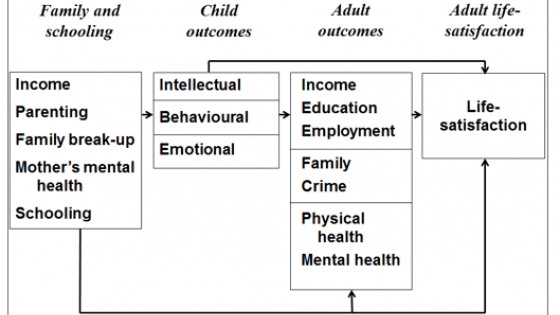
Andrew Clark is a CNRS Research Professor at Paris School of Economics (PSE), and Research Fellow at IZA (Bonn), the London School of Economics, and Aarhus School of Business. He previously held posts at Dartmouth, Essex, CEPREMAP, DELTA, the OECD and the University of Orléans. His work has largely focused on the interface between psychology, sociology and economics; in particular, using job and life satisfaction scores, and other psychological indices, as proxy measures of utility. The broad area is social interactions and social learning.
One research field has been that of relative utility or comparisons (to others like you, to others in the same household, and to yourself in the past), finding evidence of such comparisons with respect to both income and unemployment. This work has spilled over into theoretical and empirical work on evidence for and the implications of following behaviour and learning from others' actions. Recent work has involved collaboration with psychologists to map out habituation to life events (such as job loss, marriage, and divorce) using long-run panel data. In addition, direct measures of utility allow direct tests of popular models of the labour market. In this spirit, his recent work has looked at unemployment, quits, and labour market rents.

VoxEU Column
The family consequences of job insecurity: Fertility and marriage
-

- Labour Markets

VoxEU Column
Origins of happiness: Evidence and policy implications
-

- Frontiers of economic research 
- Health Economics

VoxEU Column
The effects of terrorism on well-being and economic activity
-

- Frontiers of economic research

VoxEU Column
Adaptation to life events
-

- Frontiers of economic research